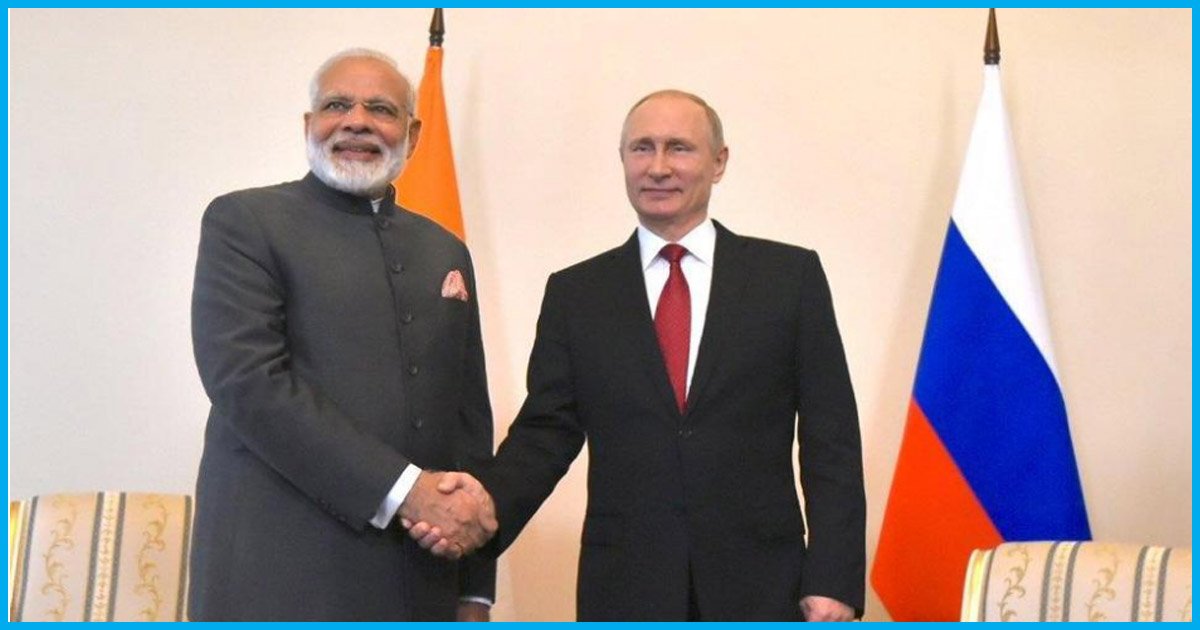
India And Russia Sign Deals To Build Two New Reactors At Kundankulam Nuclear Power Plant, Tamil Nadu
2 Jun 2017 6:41 AM GMT
Editor : Pooja Chaudhuri
The only fiction I enjoy is in books and movies.
India and Russia have signed five deals to build two new reactors at the Kundankulam nuclear power station in Tamil Nadu. The Russian government will also loan the country $4.2 billion for a 10-year period to help fund the construction.
The move is said to give a “new direction” to defence cooperation between the two “great powers”.
The two countries have also decided to hold the first tri-Services exercises – ‘Indra-2017’ – and start joint manufacturing of frigates, in addition to the co-production of Kamov-226 military helicopters, as reported by The Hindustan Times.
President Vladimir Putin of Russia said that the country is ready to build a dozen nuclear reactors in India over the next 20 years in an effort to back PM Modi’s growth strategy for India – the third largest economy in Asia – which continues to suffer persistent power shortages.
The agreement to build reactors 5 and 6 at Kundankulam was signed in St Petersburg during the 18th annual India-Russia summit, where the two leaders also covered issues pertaining to terrorism and increasing trade and investment.
Addressing the media, PM Modi described the talks with President Putin as substantive and added that the partnership with Russia is “”developing into a strategic and privileged one.”
President Putin said that the two countries have “agreed in joint plans to erect 12 NPP units of Russian design.”
The construction will be carried out by India’s Nuclear Power Corporation of India Ltd (NPCIL) and Russia’s Atomstroyexport company, a subsidiary of Rosatom, the regulatory body of the Russian nuclear complex. Each of the two units will have a capacity to produce 1,000 MW of power.
Separately, in a joint declaration, the two countries said they noted the “wider use of natural gas” which they hailed as an economically efficient and environmentally friendly fuel that would help reduce greenhouse gas emissions and help them fulfil the terms of the Paris climate change accord.
Also Read:
 All section
All section













